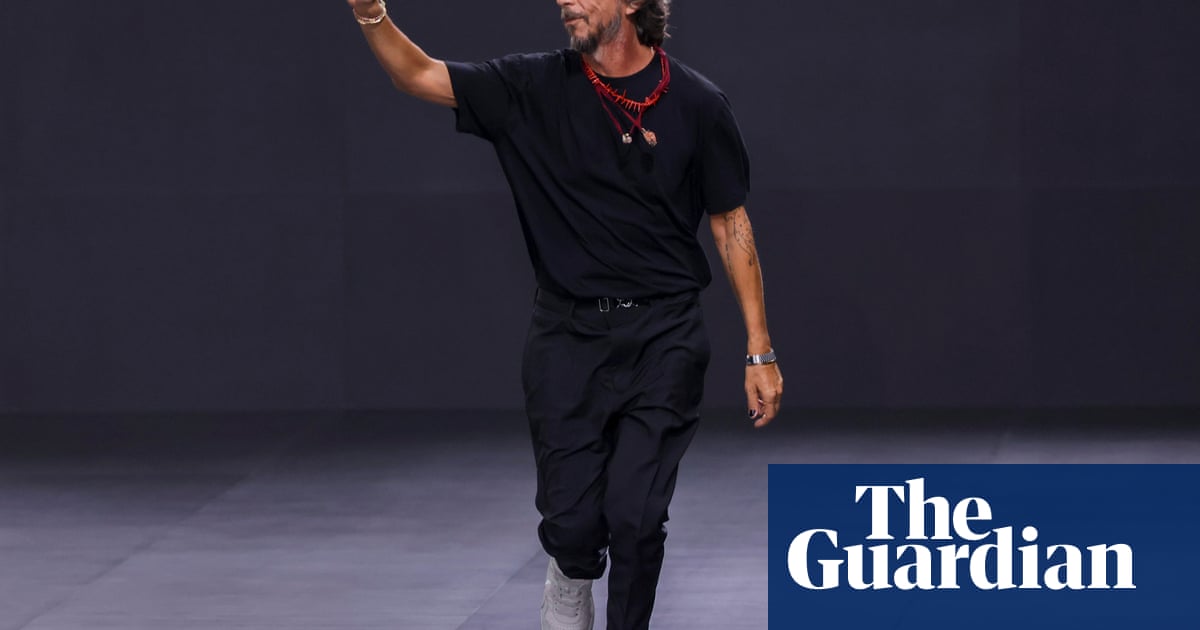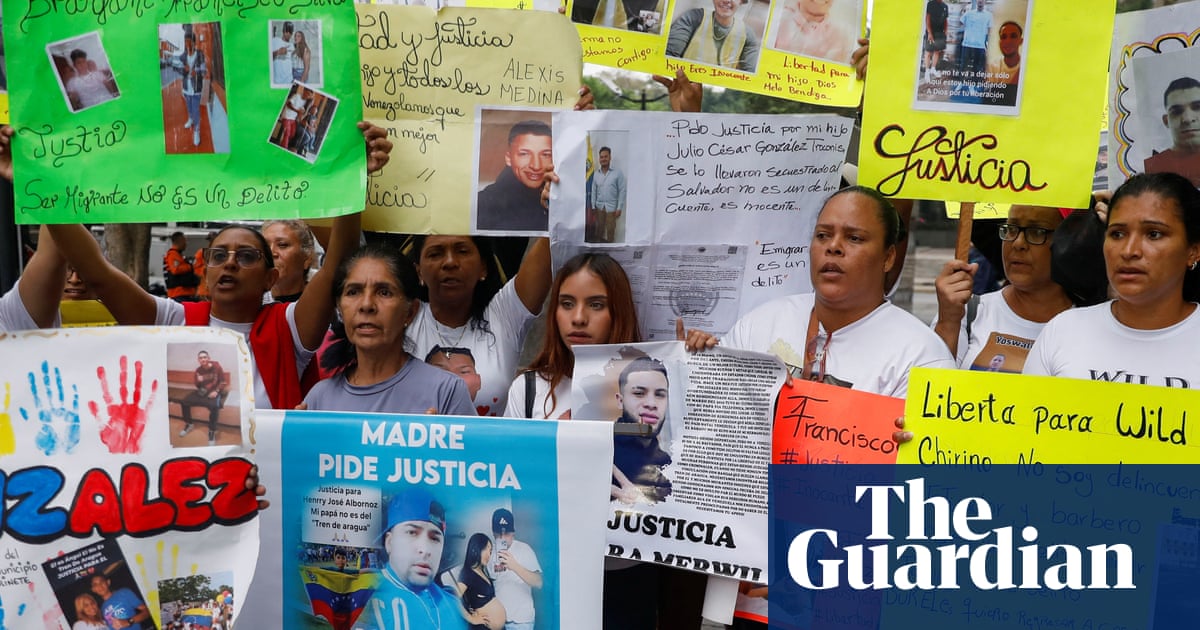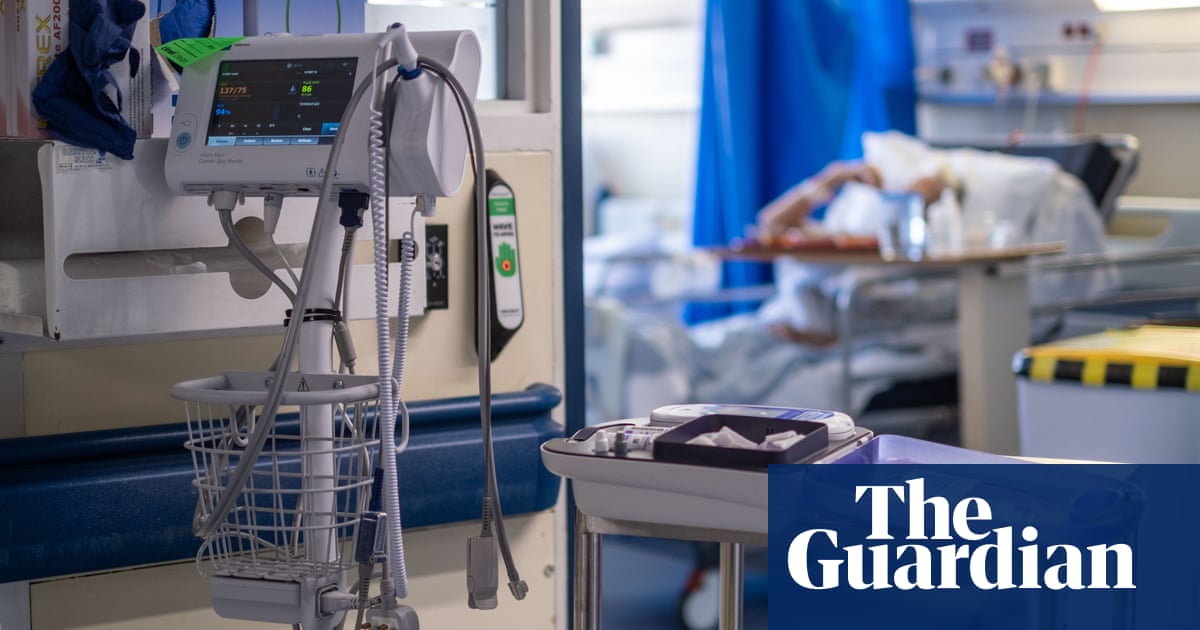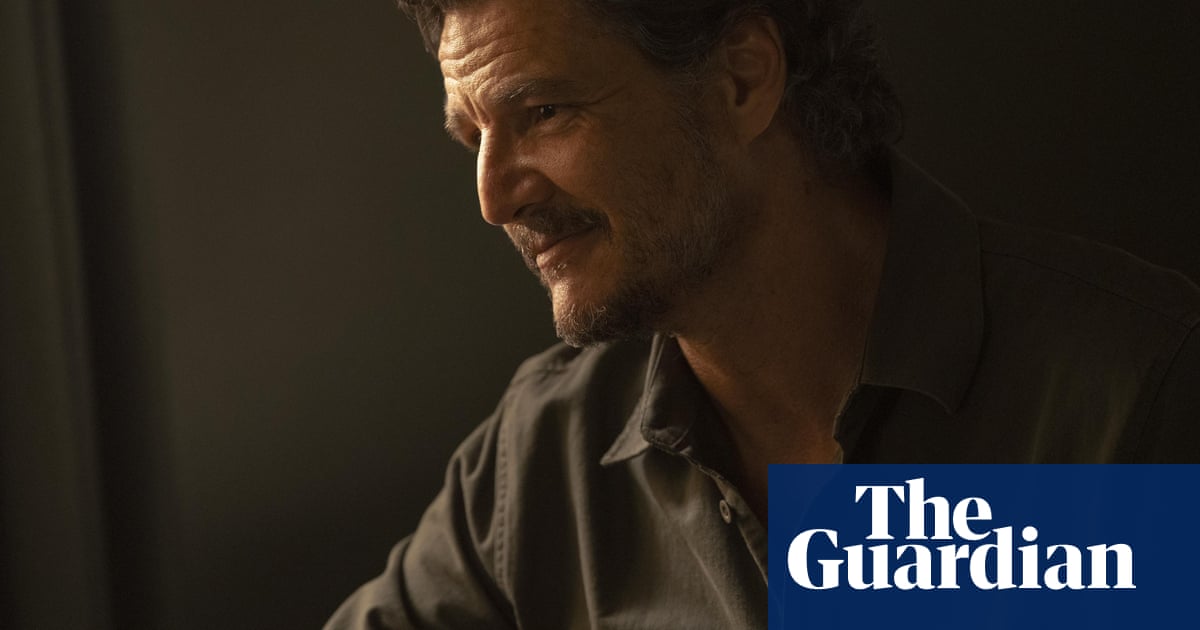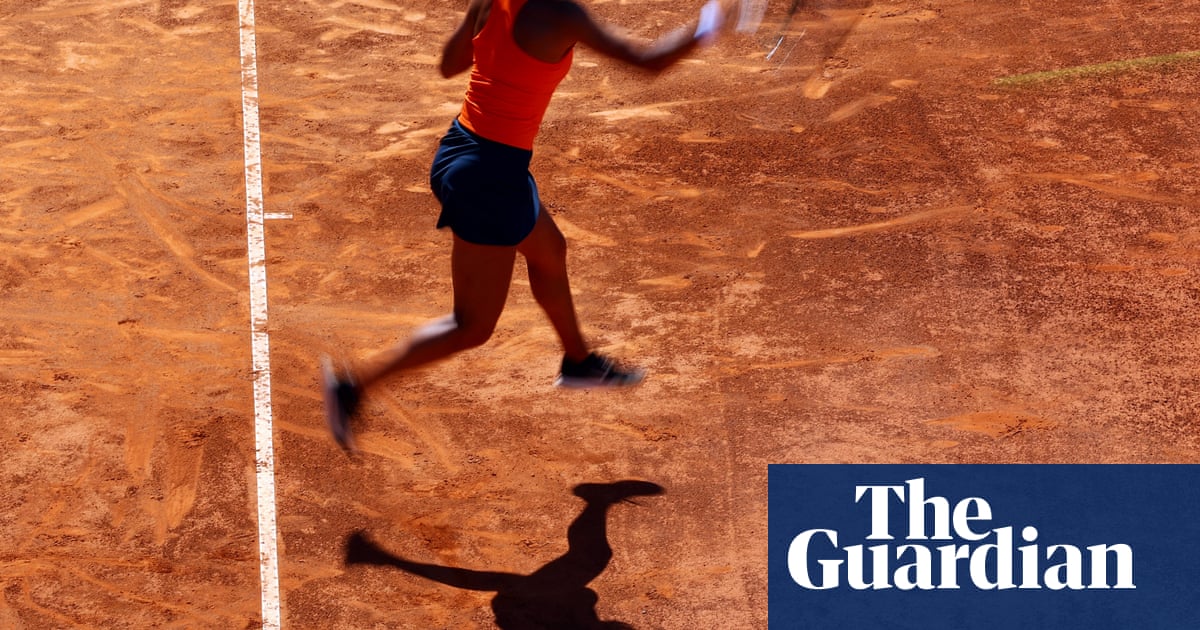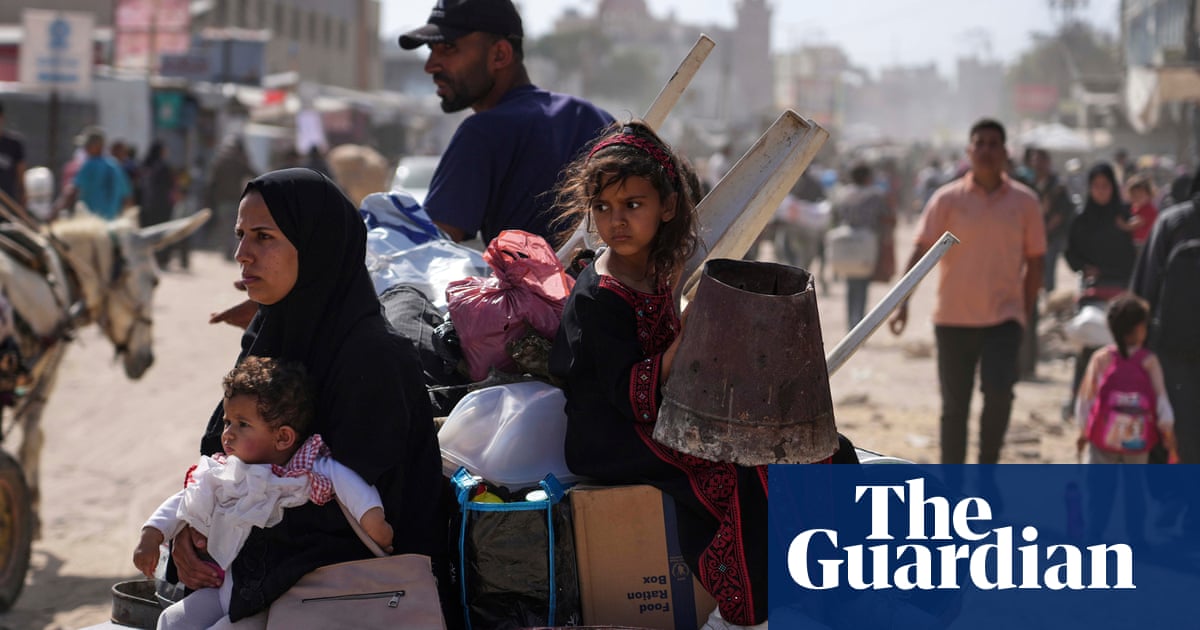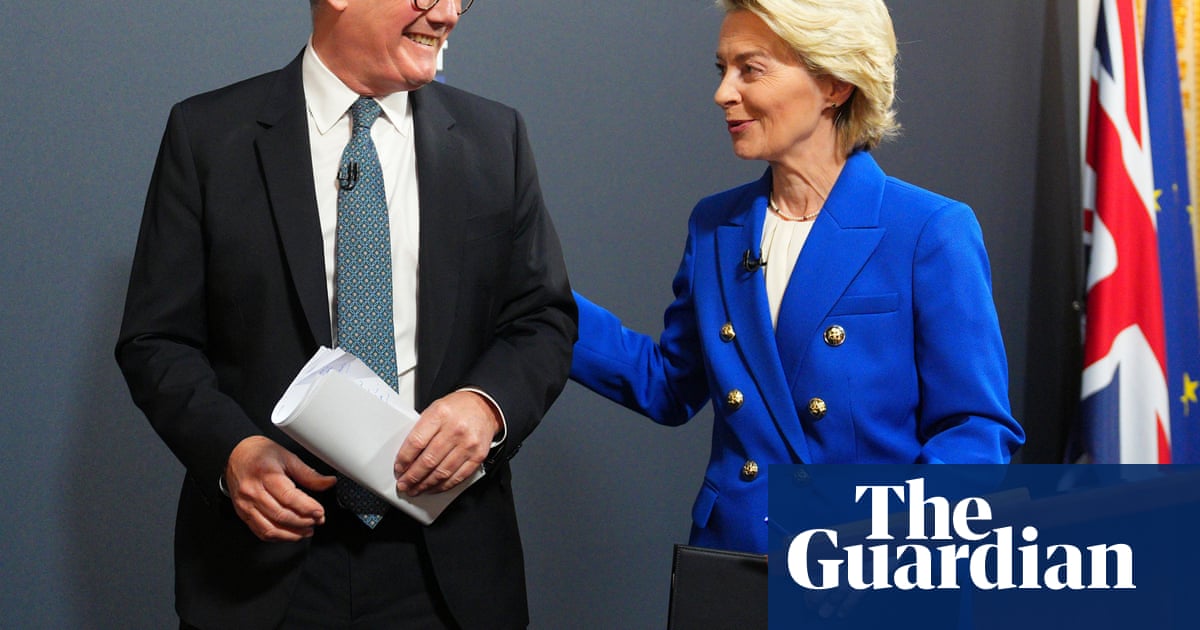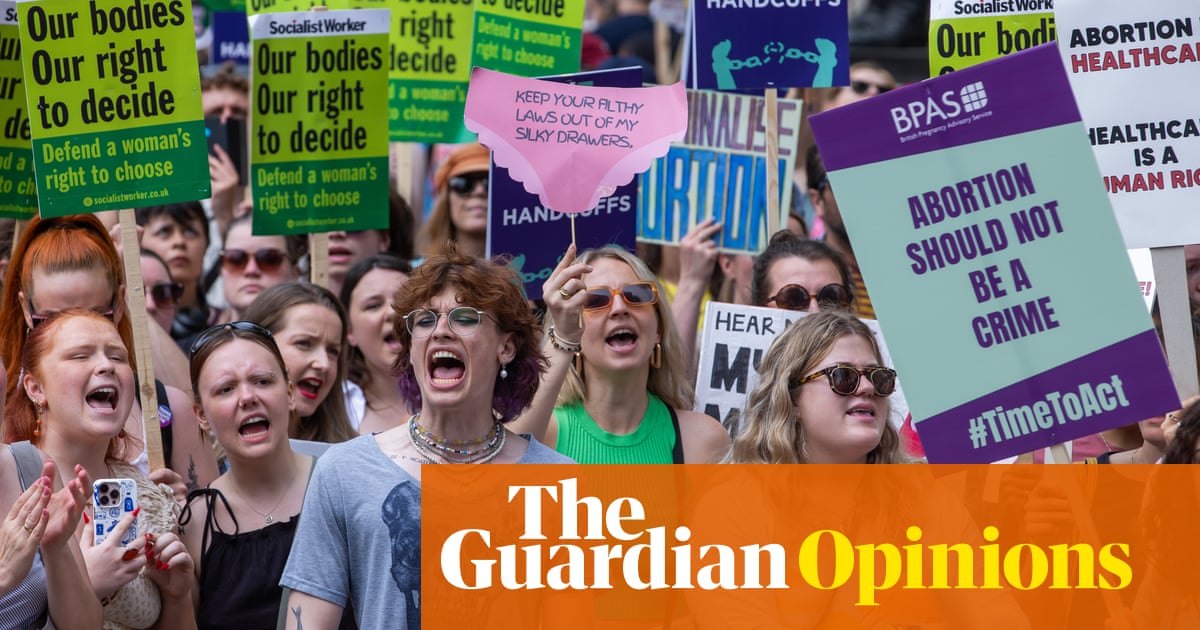More than a year after his abduction by Israeli soldiers, the first thing Alaa Abu Zeid wanted to do on his return to Gaza was hold his wife and children. He didn’t know that Ali, his brother, would be the only person waiting when he arrived in Khan Younis earlier this month: Alaa’s wife, Hala, and all five of the couple’s children had been killed in an Israeli airstrike last summer.
Abu Zeid, 48, the headteacher of a primary school funded by the UN agency for Palestinian refugees (Unrwa) in Bureij in central Gaza, was arrested along with dozens of other men when Israeli troops raided the school turned shelter in December 2023. He would never see his family again.
“We had no idea where he was the entire time, we were so afraid for his safety,” said Ali, speaking on Alaa’s behalf, as the UN employee is not authorised to speak to media.
“Waiting for him was very difficult. We were happy but it was mixed with deep sorrow. I didn’t know how to tell him his wife and children had been killed.”
Abu Zeid’s family – Hala, 49, a teacher; Nour, 25, an engineer; Alaa, 22, a dentistry student; Riyad, 20, a science student; Walaa, 15, and Mohammed, 13 – were killed in an airstrike on their house in Bureij overnight on 20 August, eight months after he was abducted.
Ali and his sons tried to rescue their loved ones from the rubble, but there were no survivors: just ripped-up body parts. When morning broke, they recovered more remains and, as is Muslim tradition, buried them the same day.
This horrific story is repeated all over the Gaza Strip, where according to the local health ministry, 1,400 families have been entirely wiped out by Israeli bombing, numbers deemed accurate by UN agencies. The arrival of the ceasefire and hostage detainee swaps in January has brought joy as abducted Palestinians return home to Gaza, but also the painful process of returning home to search for missing loved ones, and grappling with the scale of the territory’s collective loss.
“He insisted we take him immediately to the graves,” Ali said. “He was very quiet, he didn’t cry. I think he was in shock.”
Abu Zeid was released on 15 February as part of the fragile ceasefire deal between Israel and Hamas that paused 15 months of fighting. He maintains he had nothing to do with Hamas; like thousands of other civilian men from Gaza, he appears to have been caught up in the huge Israel Defence Forces (IDF) dragnet.
Emergency legislation introduced after the Palestinian militant group’s attack on Israel in October 2023 that ignited the war allows for the detention of Palestinians from the territory without charge or trial, classing them as “unlawful combatants”. The IDF says the measure complies with international law.
A Guardian investigation last year documented extreme and systemic mistreatment of Palestinians held in Israeli prisons since the conflict broke out – findings corroborated by Abu Zeid’s experience in detention. At least 60 people have died in Israeli custody since October 2023. The headteacher said he was severely beaten on several occasions and his eyesight is now impaired, necessitating surgery. The prison in the Negev desert was overcrowded and often freezing, and prisoners were not allowed to seek medical treatment or wash, leading to outbreaks of scabies and other skin problems.
Abu Zeid was given just enough food to stay alive: he lost 25kg in weight and his gaunt appearance upon release shocked his surviving family.
“He looked like a skeleton. At every moment in detention, he said he felt like he was staring death in the face,” Ali said.
The Israel Prison Service has previously told the Guardian that it operates according to the law, and under the oversight of the state comptroller.
Abu Zeid had no access to legal representation or news during his imprisonment. On his return, he knew immediately something was deeply wrong when Hala and the children were not waiting to greet him. Ali was forced to confirm his brother’s deepest fears.
He is recovering from his ordeal at Ali’s damaged home in Bureij, and says he will return to teaching when fit enough. He has changed, Ali says: he is quiet and finds it hard to talk to people. He has grown closer to God, spending time reading the Qur’an. With his home destroyed, there are no pictures of his killed loved ones to look at.
“He imagined holding [his family] in his arms again, his children, and returning to live a decent life,” Ali said. “Instead, he found a catastrophe.”

.png) 1 month ago
27
1 month ago
27
